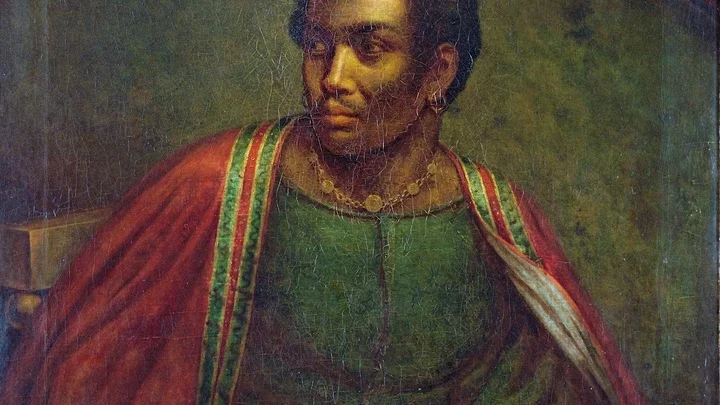
1. Biblical Significance: The association of the number 7 with luck can be traced back to various religious texts, with notable mentions in the Bible. In the Christian tradition, the seventh day marked the completion of God's creation, and the significance of this day as a day of rest has embedded itself in cultural understanding.
2. Seven Wonders of the Ancient World:
In antiquity, seven remarkable structures earned the title of the "Seven Wonders of the World." These included the Great Pyramid of Giza, the Hanging Gardens of Babylon, and the Temple of Artemis, among others. The recognition of these wonders as a set of seven added to the number's aura of special significance.
3. Seven Days of the Week:
The concept of a seven-day week is deeply ingrained in our modern calendar system, with each day named after a celestial body or deity. This division of time into seven-day cycles not only stems from ancient astronomical observations but also contributes to the cultural and spiritual significance of the number 7.
4. Lucky Seven in Cultures Worldwide:
The luck attributed to the number 7 is not confined to a specific culture. In Chinese culture, the pronunciation of the number 7 is similar to the word for "togetherness" or "union," symbolizing the harmony of the universe. In many Western cultures, the belief in the luck of 7 is deeply rooted, influencing everything from folklore to gambling superstitions.
5. Seven Colors of the Rainbow:
The visual spectrum of light is often divided into seven colors: red, orange, yellow, green, blue, indigo, and violet. This rainbow of colors has inspired creativity, symbolism, and associations with positive energies, further contributing to the favorable connotations surrounding the number seven.


















Comments